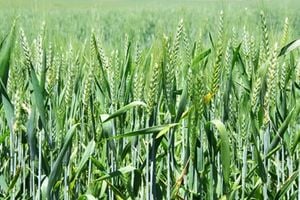
Mr Michael J. Ssali
It is always good for farmers to buy and read some agriculture books to widen their knowledge about crop and animal production. It is of course true that in the course of their work on their different farms they get a lot of knowledge about crops and livestock.
They also get valuable knowledge from farmers’ meetings and workshops. But reading makes a man wise and complete. I have just been reading a school text book about crop production and I want to share what it says about the factors that contribute to the prevalence of pests in the tropics.
The book says that actually the warm temperatures in the tropics favour the multiplication of pests and parasites. It says further that crop improvement by breeding has improved the quality and quantity harvests and provided more food to pests. It is also said that the introduction of large scale farming offers a large supply of food to pests and therefore favours their continued presence.
Burning of the bush and deforestation destroys their habitat and source of food which forces them to concentrate on the remaining crop plants in farmers’ fields. It blames the introduction of new crops in areas where they were not farmed. It says the new crops come along with new pests.
The book blames climate change for destruction of the ecosystem and the habitats for the pests, which forces them to relocate to new areas. Increased warm temperatures have made it possible for some pests and parasites to go to areas where before the temperatures were too low for them to thrive in.
Increased pesticide usage has come with pesticide resistance and this has made it harder to fight pests. Improved transport has enabled the importation of pest infested crops to areas where there were no such pests.
Insect pests have a high rate of reproduction by nature and most of them are really tiny and not easily noticeable. Destroying them by mechanical means is difficult. Most farmers ignore warnings from experts about how to prevent pests’ multiplication.
Some of the methods used to fight pests are not so easy to put into practice by most small scale farmers. For example, to prevent the spread of Banana Bacterial Wilt the farmer is advised to always disinfect the tools used to work on one plant before using them on another. This is often ignored.

